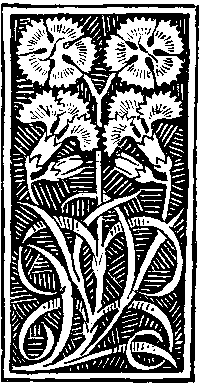Ecology and Animal Performativity in Jon Favreau’s The Jungle Book
Keywords:
animal studies, anthropocentrism, anthropomorphism, children's literature, ecological thought, Jon Favreau, The Jungle Book, Rudyard Kipling, postcolonial, Wolfgang ReithermanAbstract
This paper considers Jon Favreau’s adaptation of Rudyard Kipling’s The Jungle Book (1894) as a neo-Victorian text that reinterprets and revises Kipling’s imperialist ideologies and transitions Mowgli’s story to one where he feels included in a community. The film asks Mowgli to ‘perform’ as an animal, adding Mowgli’s use of tools and inventions to help him perform the same tasks as his wolf brothers or animal guardians. The animals in the film reject Mowgli’s attempts to act in ways that go against how they believe he should behave; however, at the end of the movie, the animals come to accept Mowgli’s differences and he stays in the jungle living peacefully with the animals. I argue that Favreau’s ending creates a story that espouses acceptance of identity within ‘Nature’, while also exemplifying the difficulty of depicting an inclusive environment within a text historically associated with empire.
Downloads
Published
Issue
Section
License
Copyright (c) 2023 Neo-Victorian Studies

This work is licensed under a Creative Commons Attribution-NonCommercial-NoDerivatives 4.0 International License.


